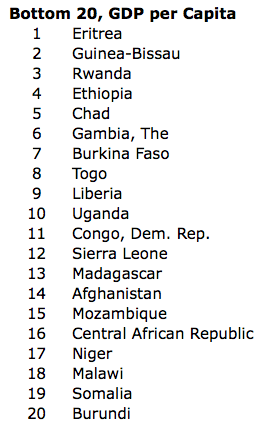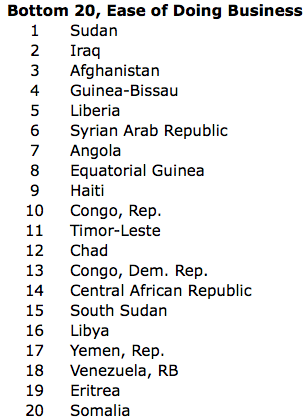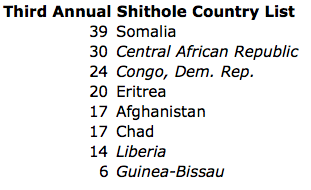We’re all opposed to political tests for employment, certainly for public workers. We should also be opposed to political tests for university faculty hiring and promotion, especially public universities. In the past this was a matter of course. See the following statement dated 1915 from the American Association of University Professors:
To the degree that professional scholars, in the formation and promulgation of their opinions, are, or by the character of their tenure appear to be, subject to any motive other than their own scientific conscience and a desire for the respect of their fellow experts, to that degree the university teaching profession is corrupted.
There’s a local history note here for UW alums: one of the authors of the previous statement is Frederick Padelford, Yale grad and English Department chairman at the University of Washington. Padelford Hall is named after him.
California has often been at the center of the fight for academic freedom. During the McCarthy era the state legislature tried requiring state employees to sign a loyalty oath (the Levering Oath). California teachers responded with this:
The Levering Oath is in contradiction to the Federal Constitution since it imposes on public workers a political test for employment, deprives them of equal protection under the law as guaranteed in the 14th Amendment, and exposes them through its ambiguity to self-incrimination and perjury.
The University of California is the most prestigious of the two public university systems in California. The Regents are the governing board, and their web site includes a series of Standing Orders, including this: “No political test shall ever be considered in the appointment and promotion of any faculty member or employee.” At the time the order was written it may have seemed self-evident. The order is still in effect, but they’ve managed to find a way around it.
Times have changed. Eight of the ten campuses of the University of California system now require use of a “Statement of Contributions to Diversity, Equity and Inclusion (DEI)” in hiring and promotion decisions. Briefly a DEI statement is where a candidate summarizes their “contributions to … diversity, equity and inclusion”. In plain English, it’s a political loyalty oath.
For more information on DEI statements I particularly recommend the UC Berkeley document titled “What is a Statement of Contributions to Diversity, Equity and Inclusion (DEI)?”. To make things clear, at the bottom of the first section just before the FAQ it includes this promise: “Only those candidates with a strong and compelling Statement of Contributions to Diversity, Equity and Inclusion will move forward in the evaluation process.” In other words, if you’re not on board you’re not moving forward.
It’s not only the University of California system:
There have been objections. The Vice President of the American Mathematical Society in the society’s Notices wrote opposing use of DEI statements: “In reality it’s a political test, and it’s a political test with teeth….The idea of using a political test as a screen for job applicants should send a shiver down our collective spine.”
A former Dean of the Harvard Medical School is quoted on the web site Inside Higher Ed: “As a dean of a major academic institution, I could not have said this. But I will now. Requiring such statements in applications for appointments and promotions is an affront to academic freedom, and diminishes the true value of diversity, equity of inclusion by trivializing it.”
Finally, reading through the U Cal Berkeley document quoted above it occurs to me that it is pitched to the sensibilities of a narrow slice of humanity: western, young, non-religious and left-leaning. You might say “woke”. It’s likely to be baffling and/or offensive to anyone outside of this narrow group.
Certainly anyone with conservative political leanings will have real problems completing a DEI statement. Does the University of California actively recruit faculty from other cultures, and isn’t such an applicant likely to be very confused by this document, and possibly offended? How is an applicant of deep Christian or Muslim faith going to respond to a demand that they demonstrate “awareness of inequities and challenges in academia faced by…individuals with nonconforming sexual or gender identity”?
Do any of these schools actively recruit faculty and staff for senior positions who are highly accomplished in their fields? Let’s say they want to recruit Akira Yoshino, winner of the 2019 Nobel in Chemistry. Will they dare to ask him to fill out this statement? After all, as they promised: “Only those candidates with a strong and compelling Statement of Contributions to Diversity, Equity and Inclusion will move forward in the evaluation process.”
The Bottom Line
The advent of DEI statements seems to get little coverage in the news media. Am I wrong? Seems to me it deserves more notice.
In the past we agreed that political litmus tests are inappropriate in an academic setting. Why are they now appropriate?


